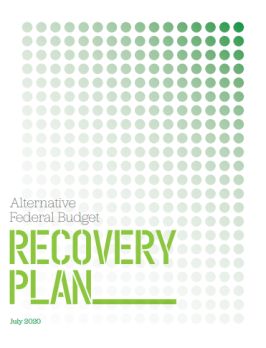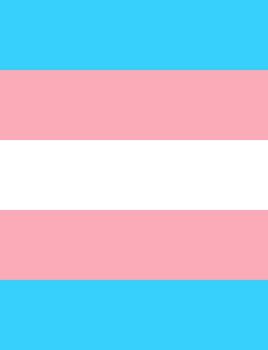Protecting and supporting vulnerable groups through the Covid-19 crisis
Une équipe de l’Institut de recherche des Nations Unies pour le développement social (UNRISD) fait état dans ce rapport des réponses à un sondage mené auprès des chercheurs et des professionnels concernant les groupes vulnérables dans le contexte de la COVID-19. Elle y examine en outre les interventions stratégiques mises en place et les dimensions genrées des politiques afin d’encourager l’instauration de politiques plus sensibles aux besoins des groupes vulnérables.


